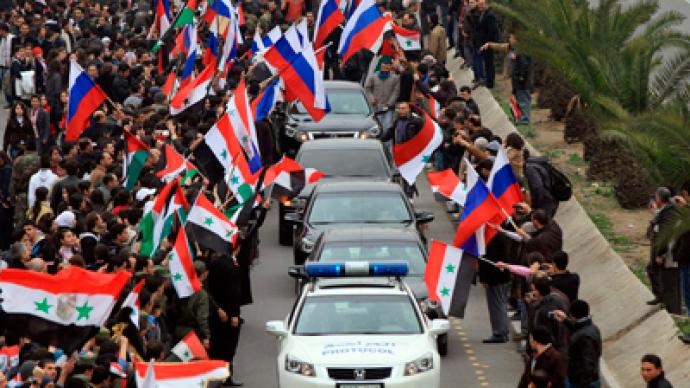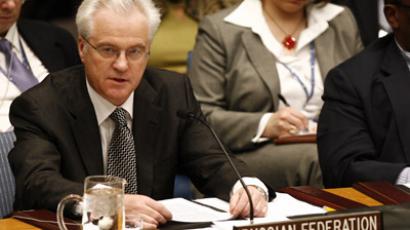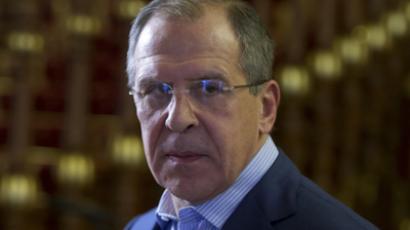Syrian opposition agrees to Russian mediation

The opposition Syrian National Council does not object to Russia coordinating the talks with the Syrian government.
"The Syrian opposition needs all the help there is. Considering the good relations between the Russian and Syrian nations, Russia has a good chance of playing this part," George Sabra, a senior member of the council, told Interfax news agency on Tuesday. His remarks come in the wake of talks between the Syrian President Bashar al-Assad and Russian Foreign Minister Sergey Lavrov. Moscow has offered its assistance to bridge a diplomatic gap between the ruling regime and opposition groups.“We think Russia should provide a roadmap for such a dialogue. Then all the opposition groups can take corresponding steps. But no one will engage in a dialogue just for the dialogue’s sake,” added George Sabra.But the council representative believes the veto Moscow used against the UN resolution on Syria would hamper its mediating role.The Syrian National Council, based in Istanbul, positions itself as a government in exile. The Council runs another oppositional group, the Free Syrian Army, a paramilitary comprised of Syrian Armed Forces defectors. The Army might win recognition as the only legitimate representative of the Syrian people in the Persian Gulf. The Gulf Cooperation Council, comprising Saudi Arabia, Bahrain, Kuwait, Qatar, the UAE and Oman, is set to pass the act, reports The Saudi Gazette. At the same time, the Gulf countries have joined the US and the UK in recalling diplomats from Damascus. The move was also followed by France, Italy and the Netherlands, despite the Russian diplomats meeting Syrian President Assad.
President of the Arab Lawyers' Association, Sabah al-Mukhtar, believes the West has little interest in a peaceful resolution to the conflict.He told RT that the Western powers are careless about the bloodshed. “NATO and the European countries killed enough Libyans under the pretext that they were giving them democracy. They’ve done the same thing in Iraq, where they killed almost a million people.”
John Rees, a political activist and national officer at the Stop the War Coalition in London, told RT that there is a more serious conflict unraveling over events in Syria – one between the world's major powers.“It’s not as it was in Libya, where all of the major powers agreed on the course of action and it was relatively little friction between them. One of the dangerous things about the talk of intervention in Syria is it now producing a conflict between major powers themselvesWhen that begins to happen then wholly different orders of danger are involved in the situation,” Rees believes.














